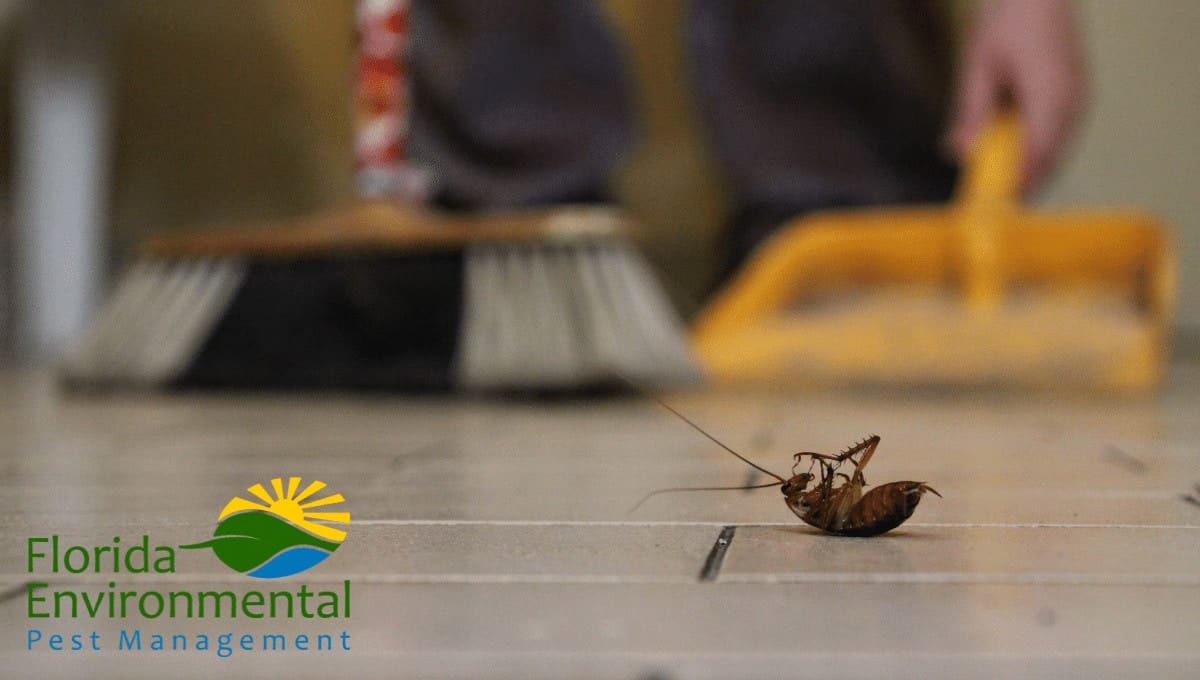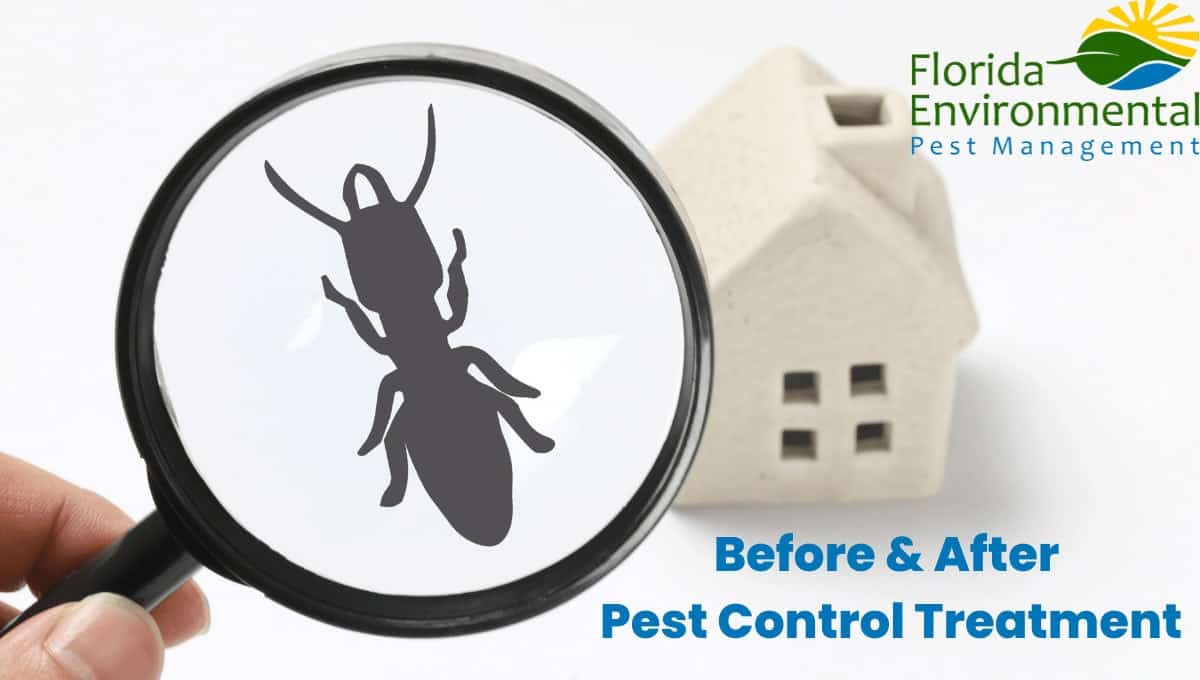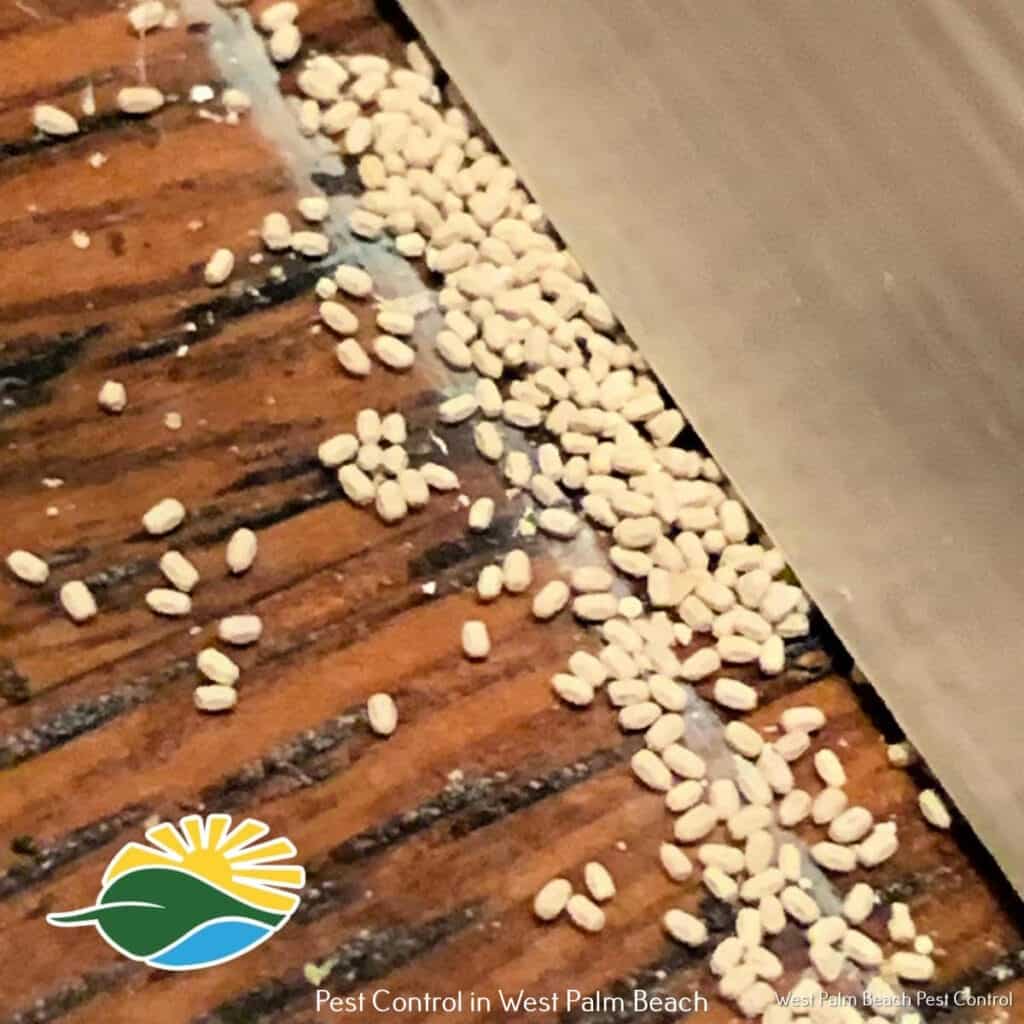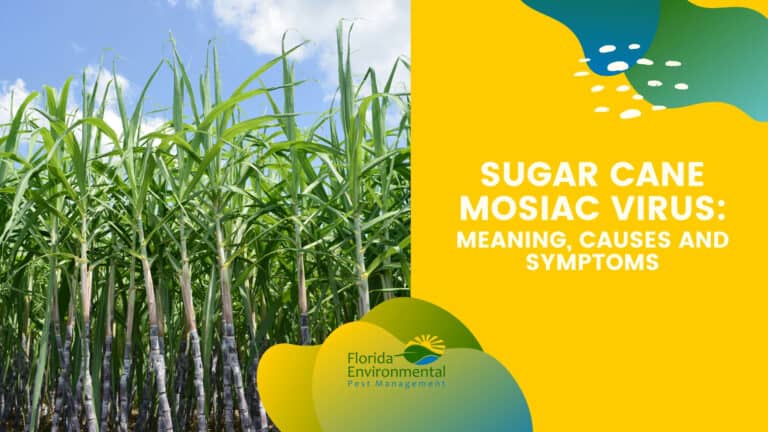If you’ve ever had an experience with pest infestation or even witnessed it from afar you would understand that pests are not only annoying and embarrassing but also create a lot of mess. They are usually scary and also cause significant economic and structural damage to homes and buildings leading to loss of property in extreme cases. They also pose health risks as they act as vectors for various serious illnesses. It is important to deal with a pest infestation as soon as it is detected as treating the property early will help ensure that they are kept from multiplying.
What To Do Before The Pest Control Treatment?
To make things as easy as possible, there are things you can do to help the pest control experts get the job done.
- Clear out all large furniture pieces or appliances that could be in the way of their pest control or subterranean termite operations.
- Cover all clothes, jewelry, make-up, toiletries, and toys and pack them away into safe cabinets and cupboards.
- Store bed sheets, cushions, covers, and mattresses in safe spaces to prevent the sprays from getting to them. If there is no space to store them, they can be covered with plastic sheets. The same applies to chairs, sofas, and tables.
- Wooden storage structures and furniture should also be emptied for treatment in cases of termite infestation.
- All bottles, bowls, cups, cutlery, serve ware, cookware, utensils, and other items should be cleared out.
- Movable kitchen appliances should be removed from the kitchen and tightly wrapped in plastic sheets.
- All food should be stored in plastic containers to prevent chemicals from getting into them.
- All taps should be wrapped tightly and the sink should be cleared out.
- Remove your pets from the home to prevent them from ingesting harmful chemicals and also keep their toys and bedding away. You should also treat them for parasites before reintroducing them into the home.
- Remove your flower pots and place them out of the spray’s reach or wrap them with plastic if they will not wither. You should also cover the walls with plastic sheets to prevent them from reacting to the chemicals.
- Bathrooms should be emptied as they are great hiding spots for these pests. Also, remove all personal belongings before the treatment.

What To Do After Pest Control Treatment?
Once the pest control experts have treated the home, they will tell you when it is safe to re-enter the home. Once you do, here is a checklist of things you should do.
- Dispose of any food items left before the treatment
- All leaking pipes and taps running into the house should be fixed to prevent re-entry and another pest infestation.
- Do not leave paper, wood, or other pest food sources lying around the house as this could attract them and lead to another infestation.
- Wear protection when unwrapping items and handling surfaces to prevent contamination and irritation to the skin.
- Once enough time has passed, do a deep clean and look for any new dead pests. Sometimes you will see new sightings of cockroaches that are dying. Look to see where they are coming out of and let your exterminator know.
How Long Will The Treatment Last?
The longevity of pest control treatments is usually determined by some factors. The type of pest being dealt with, the frequency and medium of pesticide application, the weather, and the type of pesticide used all determine how long the treatment will last. However, most pest control treatments last for a few months while some last for up to five years in case of liquid sprays for termites. Some also last indefinitely as seen in some bed bugs treatment.
Are Pest Control Chemicals Harmful to My Family or Pets?
Although pest control chemicals are effective in wiping out pests from the home, they could be harmful to humans and pets due to the toxicity of the chemicals. Some are more harmful due to their higher concentration and strength however the level of toxicity is always indicated on the pesticide ranging from low to medium and high toxicity. It is important to discuss with the pest control service provider on the treatment regimen to be used and how safe it is for you, your family and the household pets.
Why Does My House Continue to Get Infected After Treatment?
This is often due to the fact that many pesticides do not treat for eggs left behind. They will hatch and then lay their own eggs. Having routine inspection by a professional exterminator is a must to minimize post-treatment infestations. They are well-equipped to find out where the eggs are and try other methods of removal to ensure a healthy and happy home.
Help Is A Phone Call Away
If you are tired of dealing with the headache that comes with cockroaches and other pests, Florida Environmental is here to save the day. Call us today and let our experts save the day!





